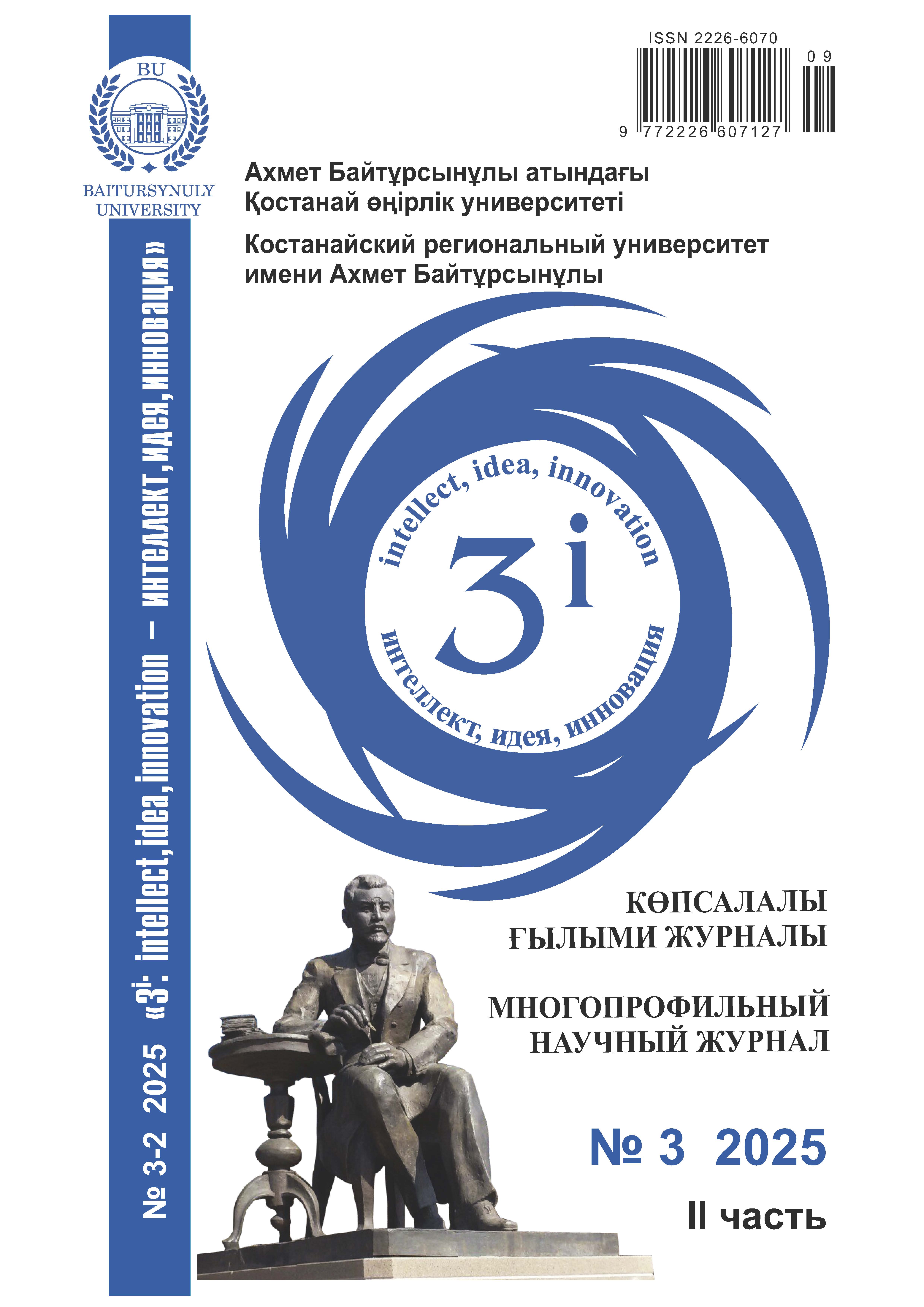FORMATION OF CLIL-BASED FOREIGN LANGUAGE PROFESSIONAL AND COMMUNICATIVE COMPETENCE OF CHEMISTRY STUDENTS
DOI:
https://doi.org/10.52269/KGTD253277Keywords:
competence, integrated learning, professional communicative competence, CLIL technology, foreign language competence, non-linguistic specialtiesAbstract
The aim of this study is to examine the effectiveness of the integrated teaching method in preparing specialists with a strong professional and communicative language focus, well-developed critical thinking skills, and creative potential. This article discusses the importance of forming a foreign language communicative competence, which is a component of the professional competence of a modern specialist, and the issues of forming a foreign language professional communicative competence (FLPCC) of non-linguistic university students. The definitions of the concept of "communicative competence" and “effectiveness of integrated learning in the development of FLPCC” have been described. From integrated learning, the CLIL approach (Content and Language Integrated Learning) was chosen, and its theoretical background was described. Moreover, the article defines the main components of the FLPCC, outlines the structure of a set of exercises designed to develop foreign language speaking skills for fluent communication in a professional context, and provides an example of such exercises. The research work shows the results of experimental work and analysis. This helped to determine the necessity and importance of using a set of exercises aimed at enhancing students’ professional communication skills and qualifications in teaching their subject in English through integrated instruction. These exercises not only contributed to the development of professional competence, but also promoted the improvement of subject-specific language proficiency. The research materials may be useful for teachers teaching chemistry in English to effectively use CLIL in practice and for researchers studying issues within the framework of CLIL.




